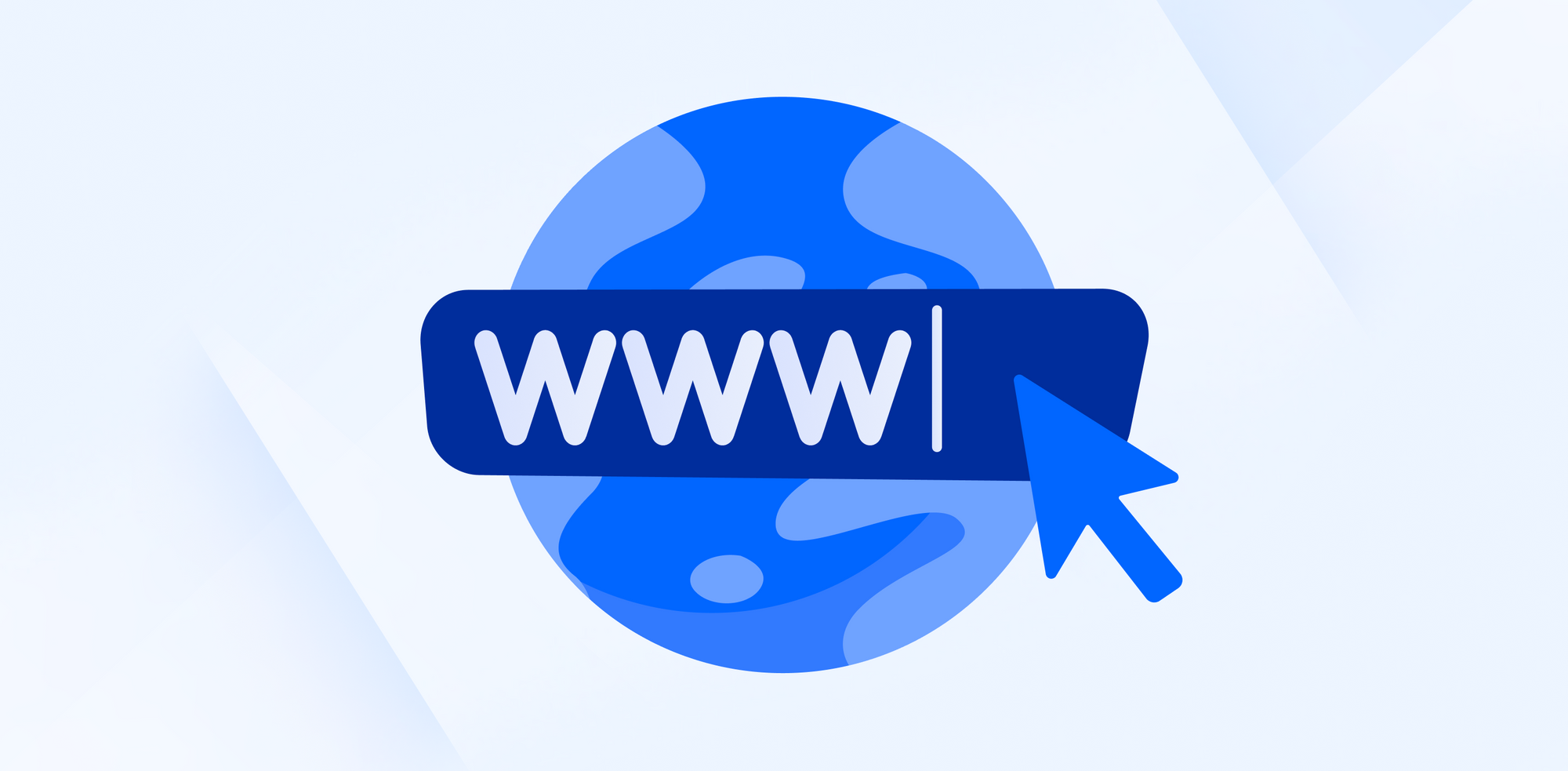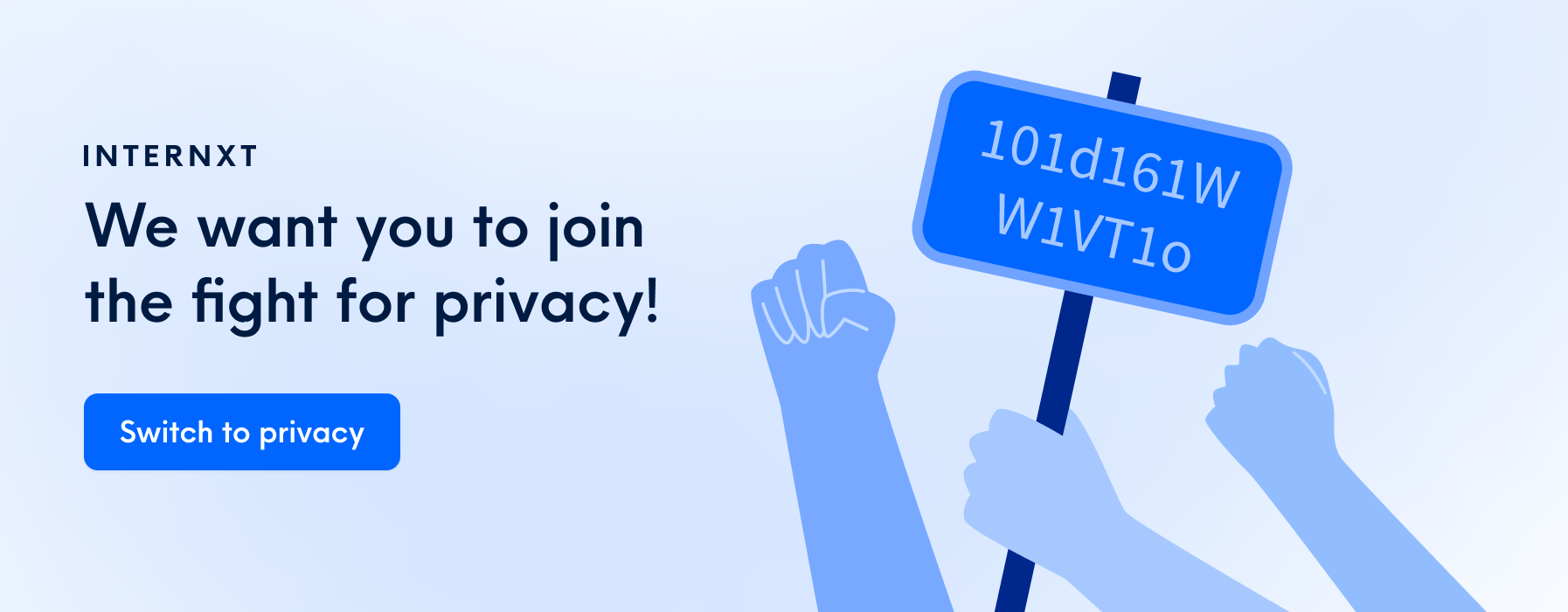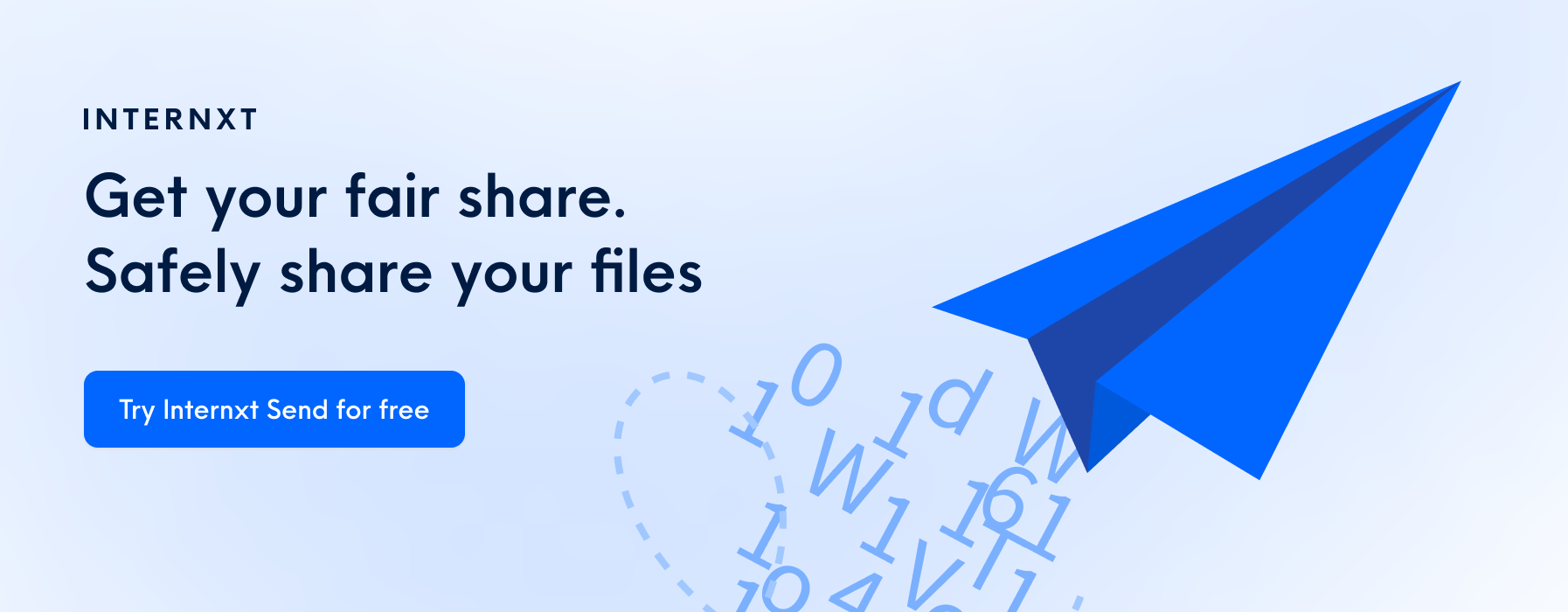Internet 101: A Complete Guide and Explanation of the Internet

The internet is inherently complex, and it can be difficult to understand all the various moving parts that make it work. But that doesn't mean you can learn a little more about what makes the World Wide Web tick.
In this article, you'll learn what the internet is, how it's structured, and how information flows across the web.
What Is the Internet?
The internet is a global network of computers that connects billions of devices around the world. It's made up of many different types of networks, including cable, wireless, and fiber optic networks.
The internet enables us to do many things, including sending and receiving emails, browsing habits, streaming videos and music, safely storing files and photos in the cloud, and much more. But how does it all work? Let's take a closer look at how the internet actually functions.
The internet consists of a bunch of individual networks that are connected to each other. When you connect to the internet, you directly link to one of these networks. These respective networks are made up of computers and other devices that are all connected to each other.
Each device on a network has a unique address that allows other devices on the web to find it. When you want to access a website, your computer sends a request to the server where the website is hosted. The server then sends the website back to your computer so that you can view it in your browser.

In order for all of this to happen, there needs to be some way for computers on different networks to communicate with each other. This is where protocols come in. Protocols are the rules that dictate how data should be formatted and transmitted across networks.
Who Invented the Internet?
In the early 1960s, a group of scientists at the Advanced Research Projects Agency (ARPA) within the U.S. Department of Defense began working on a problem: how to allow computers to communicate with one another over long distances.
This work led to the development of ARPANET, which was the first wide-area computer network. In 1969, the first four nodes of ARPANET were connected, and by 1971 there were 15 nodes online.
J.C.R. Licklider first proposed the concept of a global network of computers in 1962. Licklider was an early proponent of what would become known as "packet-switching" technology, which is a key underpinning of the internet today.
In his paper "Online Man-Computer Communication," Licklider wrote: "In a few years, men will be able to communicate more effectively through a machine than face to face."
Licklider went on to lead ARPA's Information Processing Techniques Office (IPTO), which funded many of the early research projects that would eventually lead to the creation of the internet as we know it today.
How the Internet Works
The internet is a vast network of computers that are connected to each other. When you connect to the internet, you are plugging into and accessing this massive network of information.
The internet works by sending data from one computer to another. This data is sent through a system of wires, cables, and wifi that connects the many different computers together.
The data that is sent through the internet is divided into small packets. These packets are then sent from a host, a computer that stores information, through the network to the destination computer. The destination computer then assembles the packets back together and displays the information on the screen.
The speed of the internet depends on how fast these packets can be sent from one computer to another. The faster the connection, the quicker the internet will be.
What Can the Internet Be Used For?
In its simplest form, the internet is a global network of computers that are connected together. This allows people to share information and resources with each other.
The internet has revolutionized the way we live, work, and communicate. It's hard to imagine a world without it! But what exactly can the internet be used for? The internet can be used for a variety of purposes, including:
Communication
The internet is a great way to stay in touch with friends and family all over the world. You can use email, instant messaging, video chat, and social networking sites like Facebook and Twitter to keep in touch with others.

Information
Need to know something? Just do a quick search on the internet! You can find out about almost anything you can think of, from current events and news to history and culture.
And if you're looking for a specific piece of information, there's likely a website or online database that has what you need. It's even possible to build some web scraper tools and host them on the internet to scrape any data you want to analyze.
Entertainment
There's no shortage of things to do on the internet when you're bored! You can watch TV shows and movies, listen to music, play games, read (and listen to) books and articles, look at pictures, watch videos, and so much more.
Shopping
The internet is also a great place to do your shopping. You can find just about anything you need online, from clothes and shoes to groceries and household items. And because so many retailers compete for your business, you can often find the best deals and discounts online.
Work and education
The internet has made it possible for people to work and study from anywhere in the world. You can telecommute or take online courses, and many employers are now using the internet to post job openings and conduct job interviews.
Business
The internet has transformed the way most businesses operate. It's now possible to buy and sell products and services online supported by the presence of many fast and easy AI website builder opportunities that is able to help you to make your own website not more than a day.
Not only that, companies can advertise and market to potential customers all over the world with nothing more than a click of a button.
Nowadays, business online all comes down to increasing the conversion rate for your business and getting traffic.
What Services Do We Use on the Internet?
There are a variety of very different services we use on the internet, including but not limited to:
- Web browsers such as Google Chrome, Mozilla Firefox, Safari, and Microsoft Edge
- Search engines like Google, Yahoo!, and Bing
- Social networking sites like Facebook, Twitter, LinkedIn, and Instagram
- Video streaming platforms like YouTube, Netflix, and Hulu
- Music streaming services like Spotify, Apple Music, and Pandora
- Cloud storage providers like Internxt, Google Drive, iCloud, Dropbox and alternatives
- Messaging apps like WhatsApp, Snapchat, and WeChat
What Are Web Browsers?
Web browsers are software programs that allow users to access, view, and navigate the World Wide Web.
The first web browser was created in 1990 by Tim Berners-Lee and was called WorldWideWeb. Today, a variety of web browsers are available, such as Google Chrome, Mozilla Firefox, Microsoft Edge, and Apple Safari.
When you type a URL into a web browser, the browser will contact the hosting server and request the website's content. The server will then send the website's content back to the browser, displaying it for the user.
Web browsers can also be used to access applications hosted on a web server. These applications are often referred to as "web apps." Some examples of popular web apps include Google Docs, Gmail, and Facebook.
What Is a URL?
A URL, or Uniform Resource Locator, is the address of a specific webpage or file on the internet. It is what you would enter into a web browser's address bar to visit a website. For example, the URL of an interesting blog article on VPNs is https://blog.internxt.com/what-is-a-vpn/.
URLs are composed of several parts: the protocol (https://), the domain name (www.blog.internxt.com.com), and sometimes a specific page or file path (/what-is-a-vpn/).
When you enter a URL into your web browser, it will contact the website's server and request the page or file you specified. The server will then send back the requested data, which your web browser will display on your screen.
While most people use URLs to access websites, they can also be used to access other resources on the internet, such as FTP sites, email servers, and even individual files.
IP Addresses: What Are They?
An IP address is a unique identifier assigned to a device connected to the internet. It allows devices to communicate with each other and is necessary for any device to connect to the internet.
When you connect to the internet, your device is assigned an IP address. This IP address is used to route traffic to and from your device. All devices on the internet have a IP address.
IP addresses are made up of four numbers separated by periods. These numbers can range from 0 to 255. For example, an IP address might look like this: 192.168.1.1
What Is a Domain Name, and How Do You Get One?
When you're creating a website, one of the first things you need to do is choose a domain name. Your domain name is your website's address on the internet. It's how people will find your site. For example, Internxt Send's domain name is https://send.internxt.com/.
To help you brainstorm and finalize ideas for your website name, consider using a domain name generator.
There are a few things to keep in mind when you're choosing a domain name:
- Keep it short and easy to remember
- Avoid using hyphens or numbers
- Choose a .com extension (if possible)
- Make sure the domain name is available
Once you’ve chosen a domain name, you can register it with a registrar like GoDaddy, WordPress, or Namecheap. Many hosting providers also offer a free domain name with purchase. Once it’s registered, no one else can use that domain name.

The Future of the Internet
Now there is so much more to know about the internet. It's a rabbit hole that gets deeper with each passing minute. That said, now you should understand the basics of how the internet works and what it's used for.
The internet is constantly changing. What the future internet will look like is anyone's guess. Web 3 and the internet in space, such as Starlink satellite internet may revolutionize how the internet is used and harnessed for the good of humanity. But until then, it's vital to protect your privacy and stay safe online. Long live the internet!

